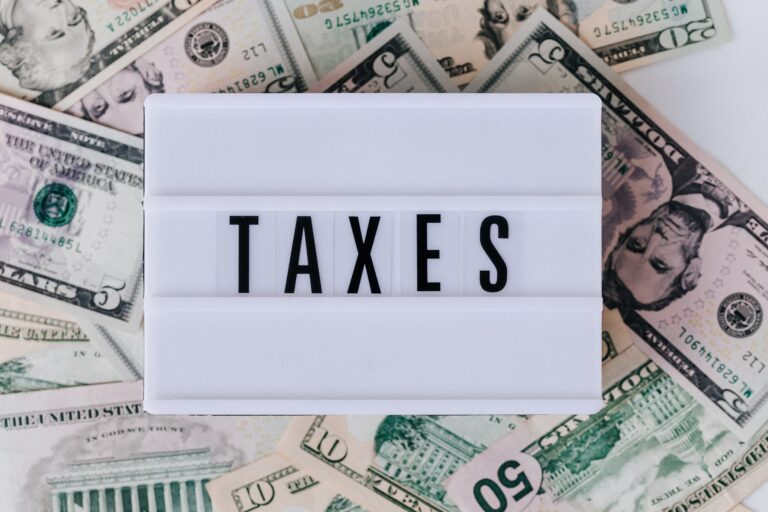
Who Pays Taxes, the Estate or Heirs?
If you needed another reason to prepare an estate plan besides saving your family the time and trouble of guessing your wishes for the distribution of property, avoiding litigation among family members and maintaining control of your estate by the family and not the court, perhaps a legacy of leaving heirs an expensive tax bill could get you to make an appointment with an estate planning attorney.
According to a recent article from Forbes, “Heirs Can Be Personally Liable For Estate’s Taxes,” a recent court case involving the estate of the founder of Gulfstream, the aircraft manufacturer, presents an example of why an estate plan and a knowledgeable executor are so important.
The founder died in 2000 in an estate worth about $200 million, primarily held in a living trust. His widow and surviving children were beneficiaries of the estate and trust. Each of them had, at one time or another, acted as a trustee or executor.
The estate tax return was filed, and an election was made to pay the $4.4 million in taxes over 15 years. The estate was able to do this in installments because the main asset of the estate was a business.
The IRS said the estate was worth more than stated on the estate tax return and took the estate to court, where it won the case. The estate now owed an additional $6.7 million in estate taxes, which it also elected to pay over the course of 15 years.
Here’s where things went south. Long before the court decision, the estate was fully distributed to beneficiaries. The estate and trust no longer owned any assets. Several estate tax payments were missed. The IRS sought to collect—from the heirs. The heirs took the matter to court.
A district court sided with the heirs, saying they were not responsible for the estate’s tax obligations. However, a federal appeals court recently reversed the decision. The appeals court ruled that the tax code imposes personal liability for unpaid estate taxes on successor trustees and beneficiaries of a living trust.
The beneficiaries argued they were liable only if they received property from the trust before its creator passed or if they had control of it on the date of death. The court disagreed and said the law places liability on anyone who received or had an interest in the estate’s property, either on the date the estate owner died or at any time after that. The heirs were found personally liable for the unpaid taxes of the estate.
Trustees and estate executors should be extremely cautious about final asset distributions. Great care must be taken in assessing the potential for the IRS or state tax authorities to claim additional estate or income taxes. Until the statute of limitations passes, executors may want to retain enough assets to pay any potential additional taxes, and beneficiaries who receive final distributions from trusts or estates must be aware that they may find themselves personally liable for additional taxes.
Reference: Forbes (June 21, 2023) “Heirs Can Be Personally Liable For Estate’s Taxes”

